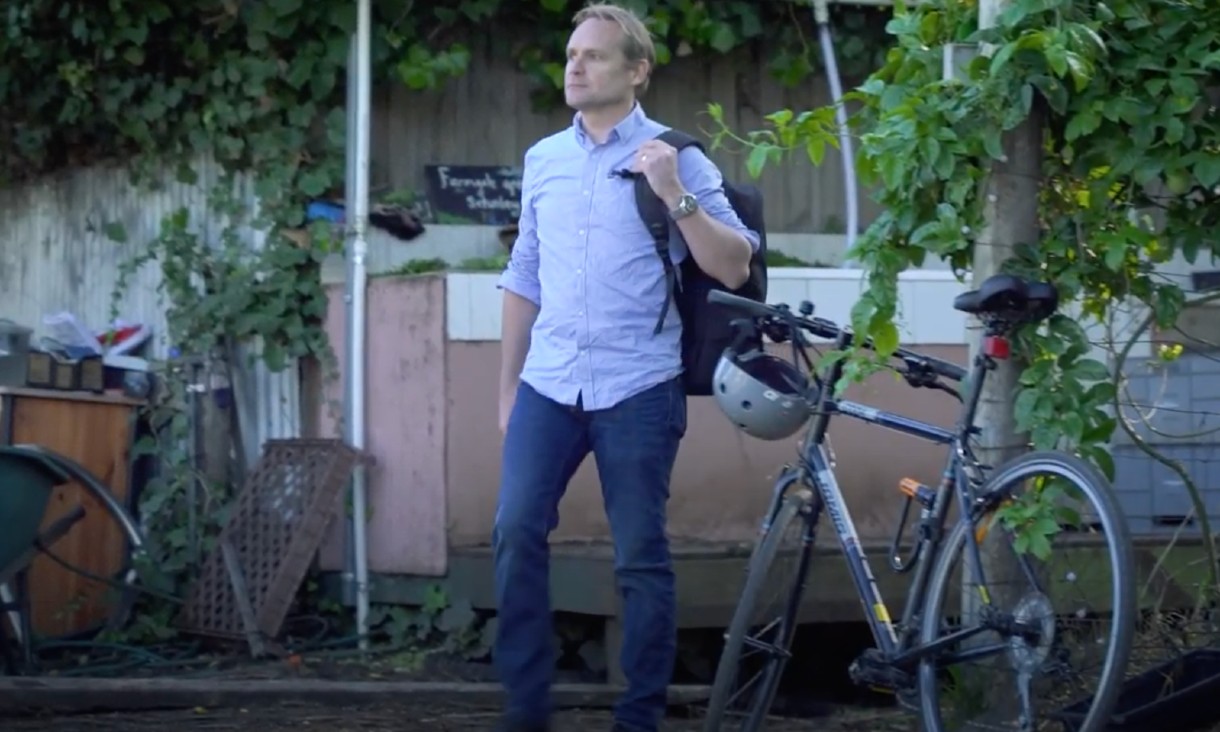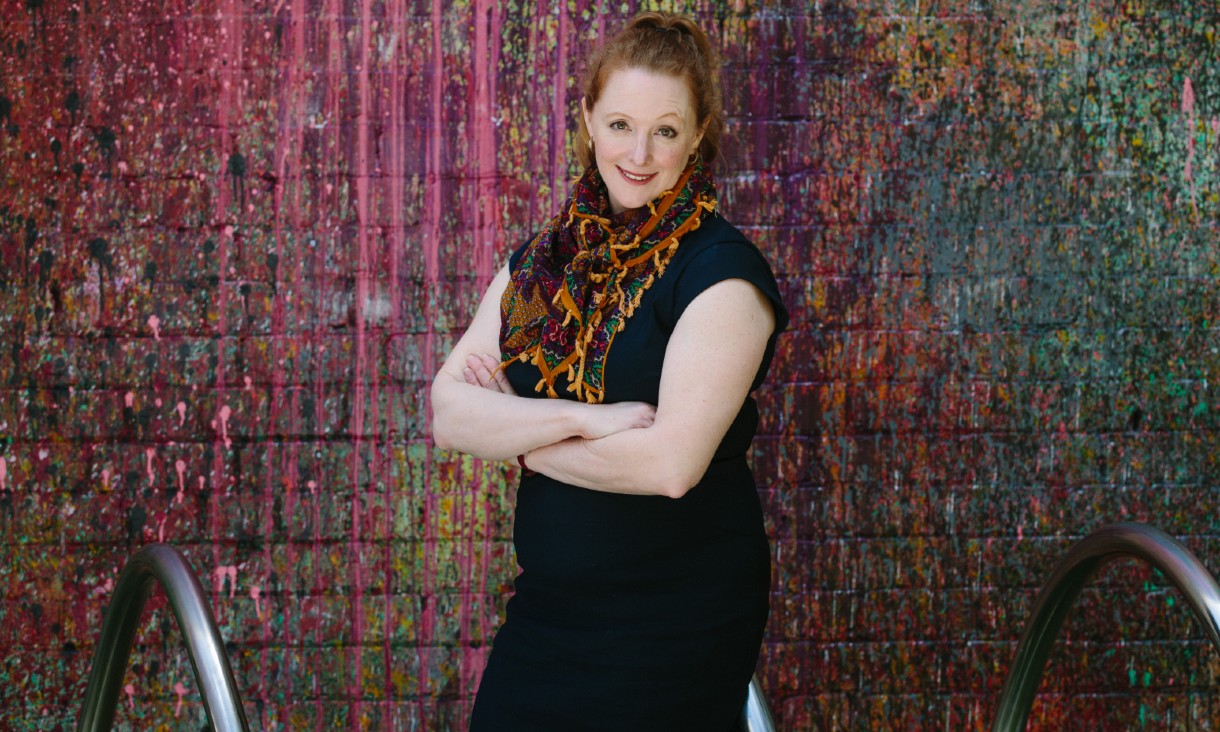At RMIT, we prepare students for the future world of business and the changes that technological advances will bring across every sector.
Our teachers come from wide-ranging backgrounds and are focused on ensuring our graduates thrive in the workplace and have the skills to solve some of the world's most pressing challenges.
 Professor Simon Feeny
Professor Simon Feeny
Get industry insights
Professor Simon Feeny is an expert in Economics, Finance and Marketing and a member of RMIT's Centre for International Development, which aims to be a global leader in international development research. RMIT professors are actively engaged in research and consulting businesses, and deliver courses that respond to the latest industry requirements.
"We teach business students the skills for critical thinking, analysis, evaluation and finding new ways of doing things, and to deal with ongoing uncertainty and complexity," Feeny says.
"Organisations want multi-skilled graduates who will help them demonstrate a contribution to society more broadly, as well as a contribution to their bottom line. Strong leadership skills will be important to address global problems such as climate change and adapt to future global shocks.
"Strong communication skills will be paramount if the demise of the traditional office environment continues, and graduates will need to be ready to take on multiple careers given that the concept of 'a job for life' is disappearing," Feeny says.
Tackle real-world challenges
Business graduates need to be able to tackle real-world, complex issues that don't necessarily have a simple solution. Senior lecturer Dr Meg Elkins gives her students projects that allow them to engage deeply in topics that will have a direct impact on their future.
"In our 2019 industry challenge, Business Design students explored the topic of digital privacy across international borders for APEC's global study centre.
"In 2020, the topic is a broad range of sustainability projects working towards achieving Melbourne's 2030 sustainability goals, taking active steps to scope out environmentally sustainable business plans."
Projects like this combine students' discipline-specific skills in economics, finance and business, with tools and techniques in design thinking, to inform an innovative response to a complex problem.
"The students go on to develop innovative business plans and solutions to examine a broad range of issues from multiple perspectives," Elkins says.
Keep up with technological change
Rapid advances in communication technologies are changing the world and according to LinkedIn's 2020 report, skills such as blockchain, AI and cloud computing top the list of the skills in demand by organisations.
"Artificial learning, machine learning, blockchain, and 3D printing are all important technologies that are shaping the world of business. There will clearly be a need for digitally literate graduates with the skills to apply these new technologies and to analyse large datasets," Feeny says.
RMIT offers courses on blockchain, data science and artificial intelligence, that are the first of their kind in Australia and provide students with the skills and tools to meet the needs of the next wave of transformation in the digital economy.
 Senior Lecturer Dr Meg Elkins
Senior Lecturer Dr Meg Elkins